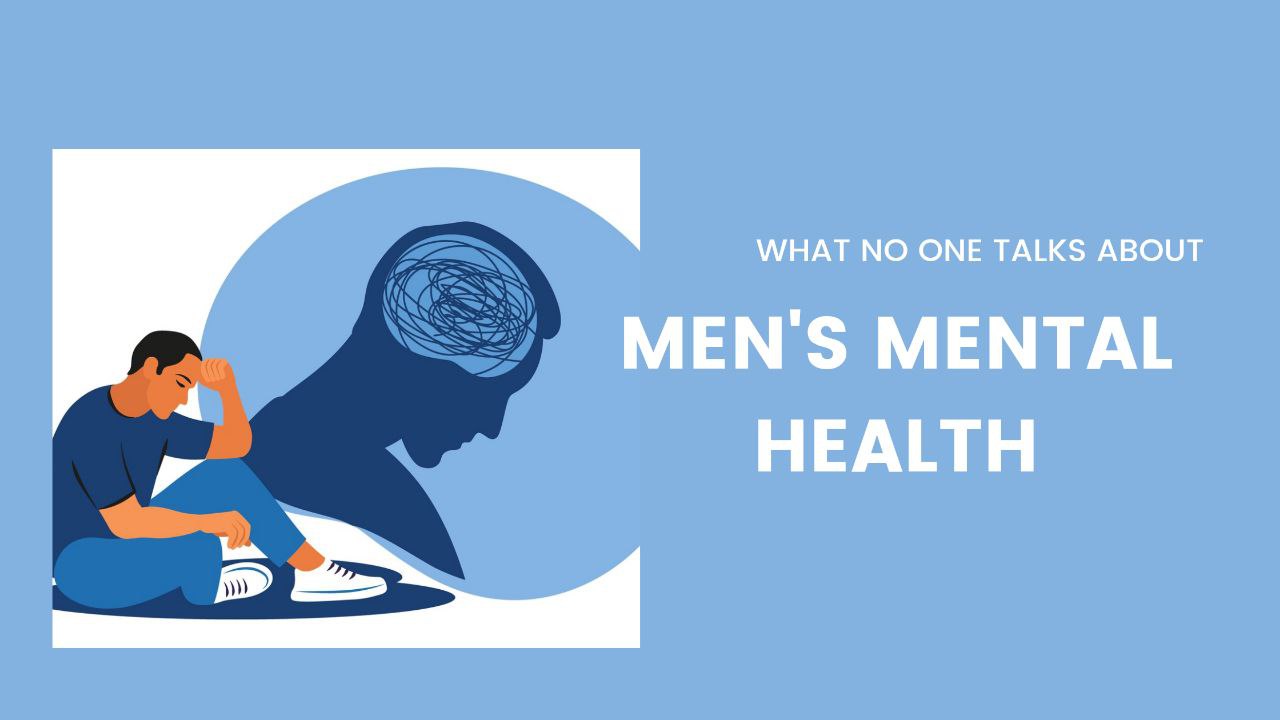Discover the hidden obstacles preventing you from losing?
Are hidden obstacles stopping you from losing weight? Weight gain can be frustrating, especially when you feel like you’re doing everything right. But sometimes, unexpected factors are at play. From hidden habits to hormonal imbalances, there are numerous reasons that can contribute to weight gain without your knowledge. Let’s dive into some of the lesser-known causes and how you can fix them.
1.Not Getting Enough Sleeping
Sleep is vital for your body to function well, but it’s also crucial for weight management. When you don’t get enough sleep, your hunger hormones, ghrelin and leptin, get thrown off balance. Ghrelin increases appetite, while leptin helps you feel full. Lack of sleep boosts ghrelin levels and decreases leptin, making you feel hungrier and less satisfied after eating.
Fix: Aim for 7-9 hours of quality sleep each night. Establishing a bedtime routine can help you improve sleep quality and regulate your appetite.
2. Eating “Healthy” Processed Foods
You may be under the impression that foods like granola bars or low-fat snacks are healthy, but many of them contain hidden sugars, preservatives, and artificial ingredients that can lead to weight gain. These ingredients can cause insulin spikes that encourage fat storage. Even though they may seem like better options, they can derail your weight loss goals.
Fix: Stick to whole foods such as fresh fruits, vegetables, and lean meats. Read labels carefully and avoid anything that contains artificial additives or hidden sugars.
3. Chronic Stress
Stress triggers your body to release cortisol, a hormone that can increase appetite and cause fat to accumulate around the belly. High cortisol levels also increase cravings for high-fat, sugary foods, leading to emotional eating. Prolonged stress makes it harder losing weight, as it continually promotes fat storage.
Fix: Practice stress management techniques like meditation, yoga, and regular exercise. These will help you lower cortisol levels and reduce stress-induced weight gain.
4.Drinking Too Many Calories
It’s easy to forget about liquid calories. Sugary drinks, including sodas, juices, and even smoothies, are often loaded with extra calories. Alcohol can also contribute to weight gain, not only because of the calories but because it impairs your judgment and leads to overeating.
Fix: Stick to water, herbal teas, or black coffee. If you want something flavored, infuse your water with fresh fruits or herbs like mint and lemon.This will definitely help you in losing weight.
5. Eating Too Fast
When you eat too quickly, your brain doesn’t get enough time to register that you’re full, leading to overeating. Eating fast also puts unnecessary strain on your digestive system, causing bloating or indigestion. Eating slowly allows your body to process food better and signals to your brain when you’ve had enough.
Fix: Chew your food slowly and try to put your utensils down between bites. Focus on savoring each bite, which will help you recognize when you’re full.
6. Using Artificial Sweeteners
While artificial sweeteners may seem like a good way to reduce calorie intake, studies suggest that they can actually increase cravings for sweet, high-calorie foods. They can also disrupt the balance of gut bacteria, which plays a role in regulating metabolism and appetite.
Fix: Opt for natural sweeteners like stevia, honey, or maple syrup in moderation, which are less likely to cause cravings and metabolic disruptions.
7. Sitting Too Much
A sedentary lifestyle can make it harder to manage your weight. Even if you exercise regularly, sitting for long periods can slow down your metabolism and contribute to fat storage. The more you sit, the fewer calories you burn.
Fix: Take short breaks to stand up and move around every 30–60 minutes. Try using a standing desk or go for a quick walk to keep your metabolism active.
8. Skipping Meals
Skipping meals may seem like a quick way to cut calories, but it actually slows down your metabolism. When you skip meals, your body enters “starvation mode” and starts to store fat. Skipping meals also leads to overeating later, as your body craves more food to make up for the lost calories.
Fix: Eat small, balanced meals throughout the day. Include protein, fiber, and healthy fats to keep your metabolism working and prevent hunger pangs.
9. Lack of Protein in Your Diet
Protein is essential for muscle growth and maintaining a healthy metabolism. If you don’t get enough protein, your body may lose muscle mass, which slows down your metabolism. Protein also keeps you feeling full for longer, which can prevent overeating.
Fix: Include lean protein sources like chicken, fish, tofu, and beans in your meals. This will help you maintain muscle and keep your hunger under control.
10. Poor Gut Health
Your gut microbiome plays a crucial role in your weight. An imbalance in gut bacteria can cause inflammation, digestive issues, and may even lead to weight gain. Poor gut health also interferes with nutrient absorption and fat storage.
Fix: Improve your gut health by consuming probiotics, found in yogurt, kefir, and fermented foods, and eating fiber-rich foods to support digestion and a healthy microbiome.
Conclusion
Weight gain isn’t always about what you eat or how much you exercise. Often, unseen factors like stress, sleep, or hidden calories are at play. By recognizing and addressing these overlooked causes, you can take control of your health and weight. Making small, manageable changes to your routine can lead to lasting results.







